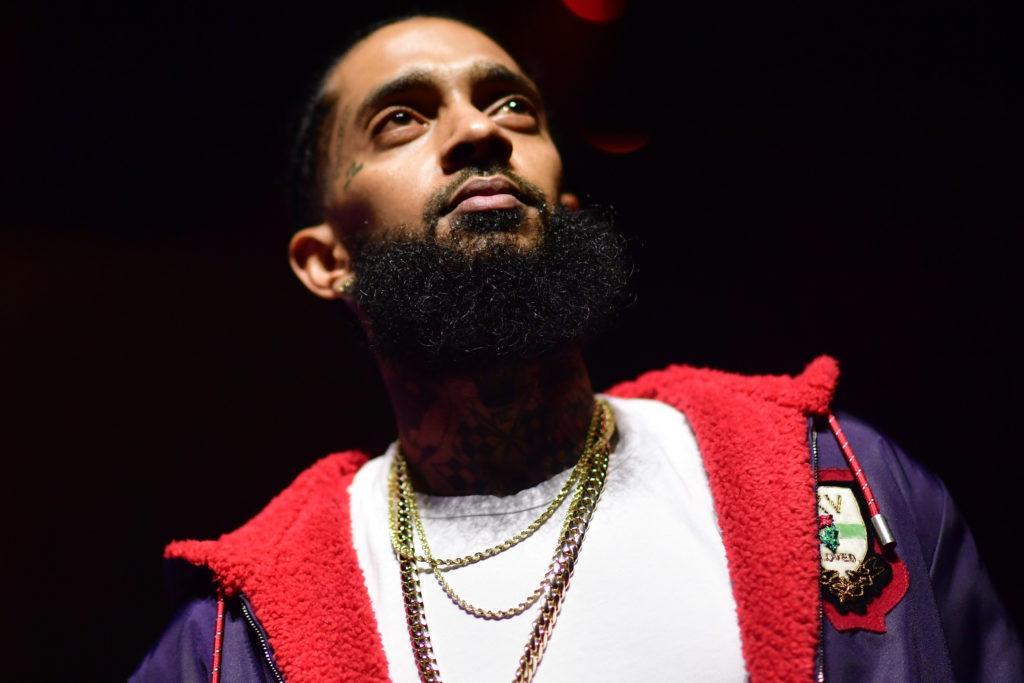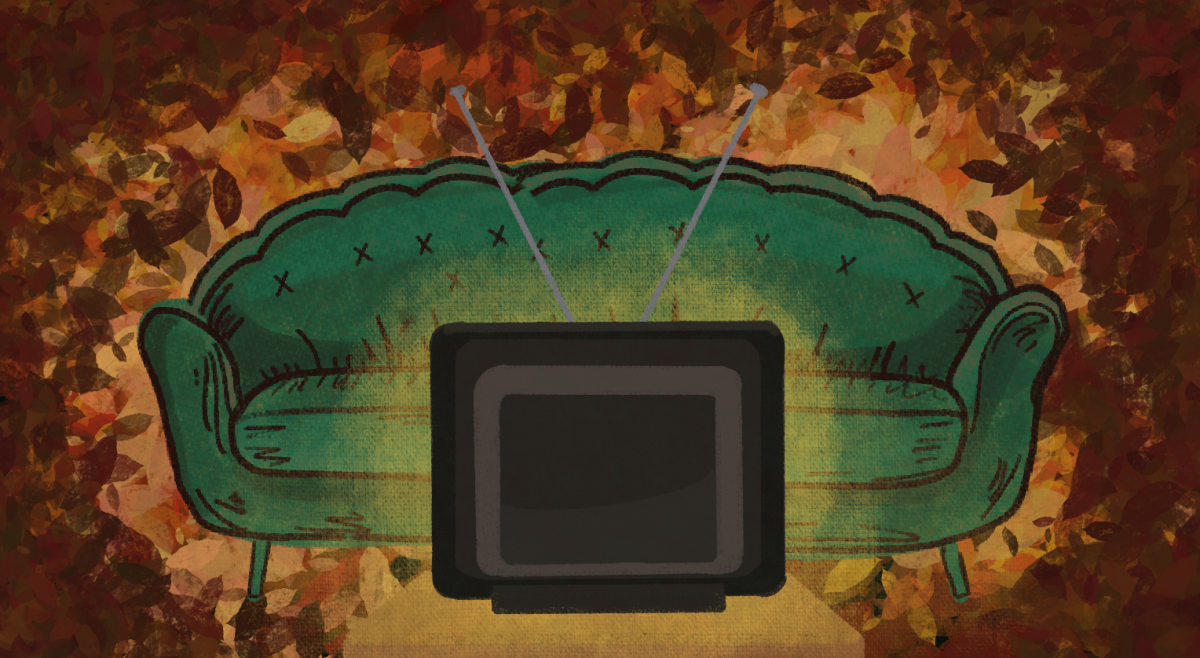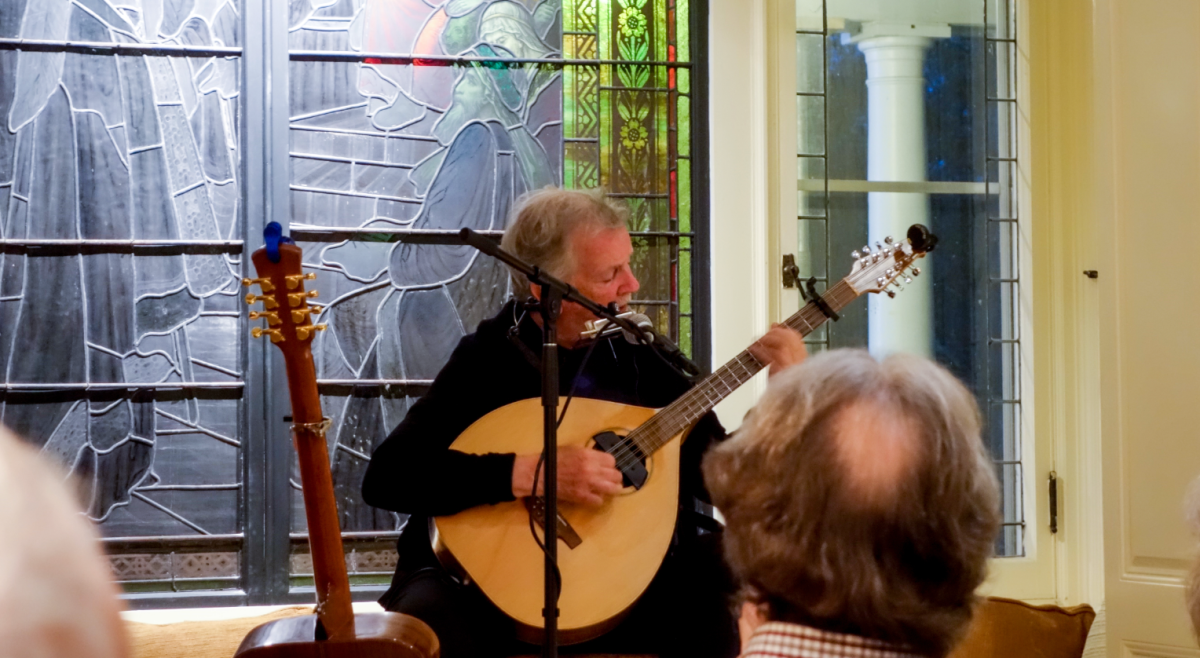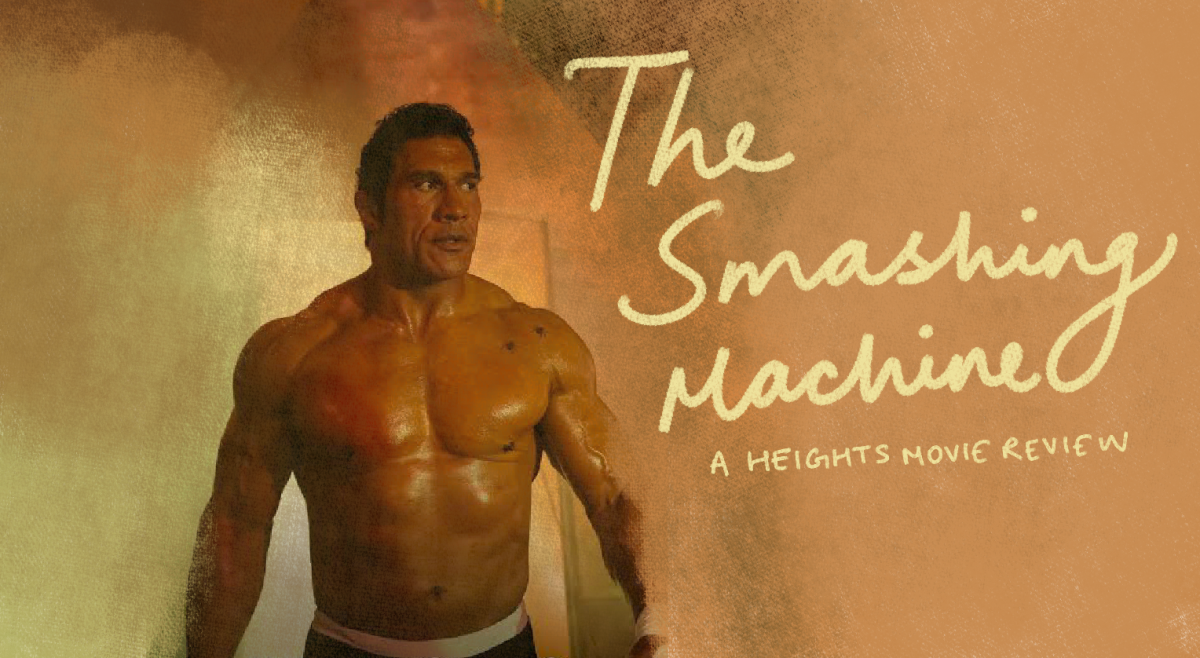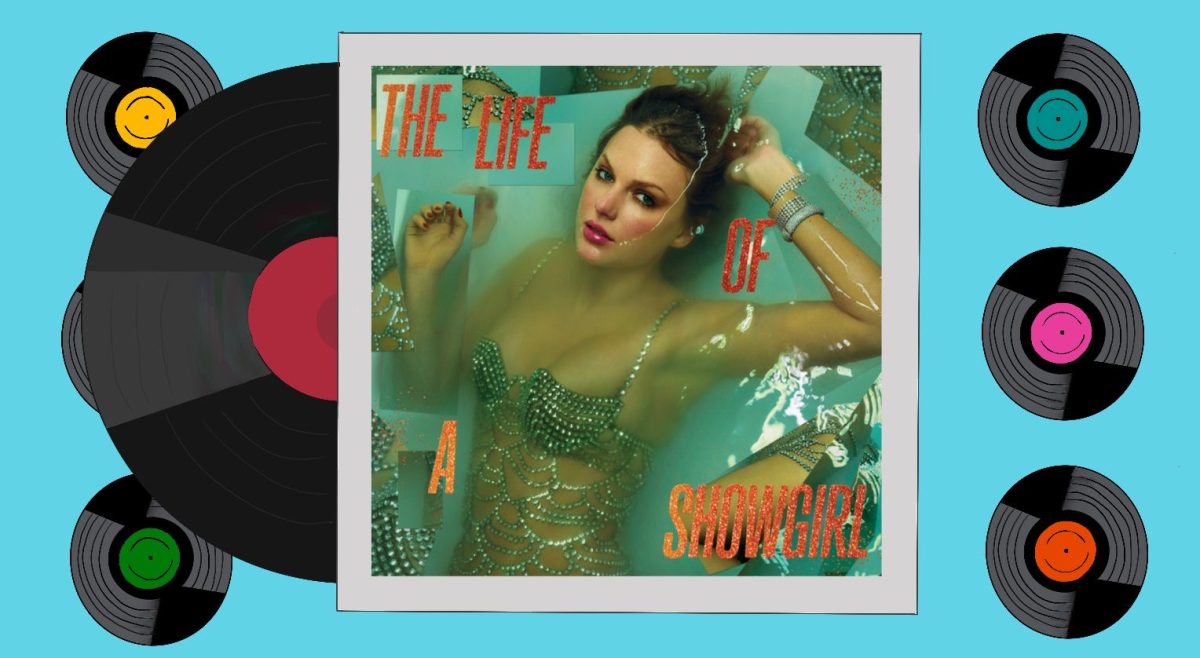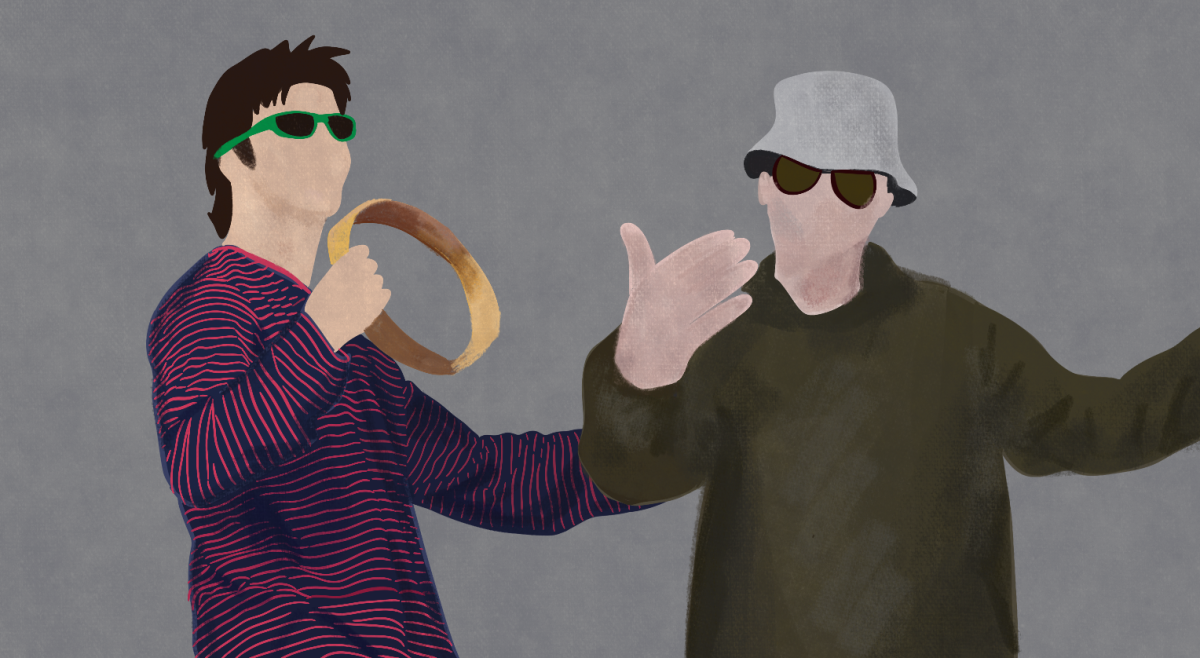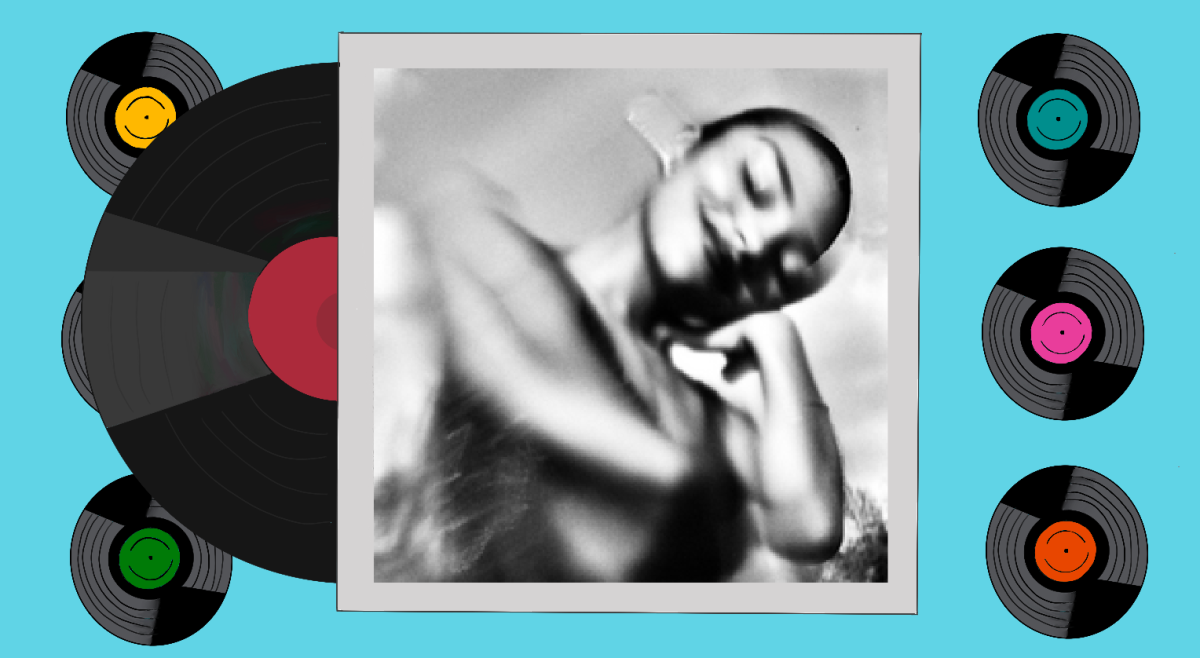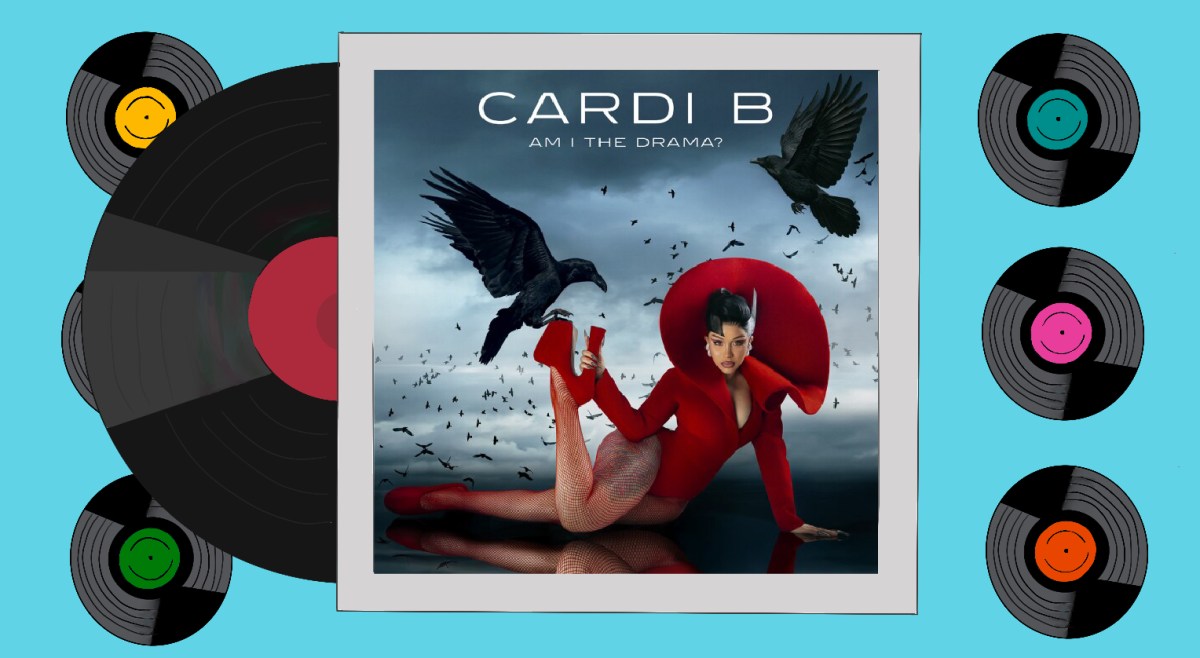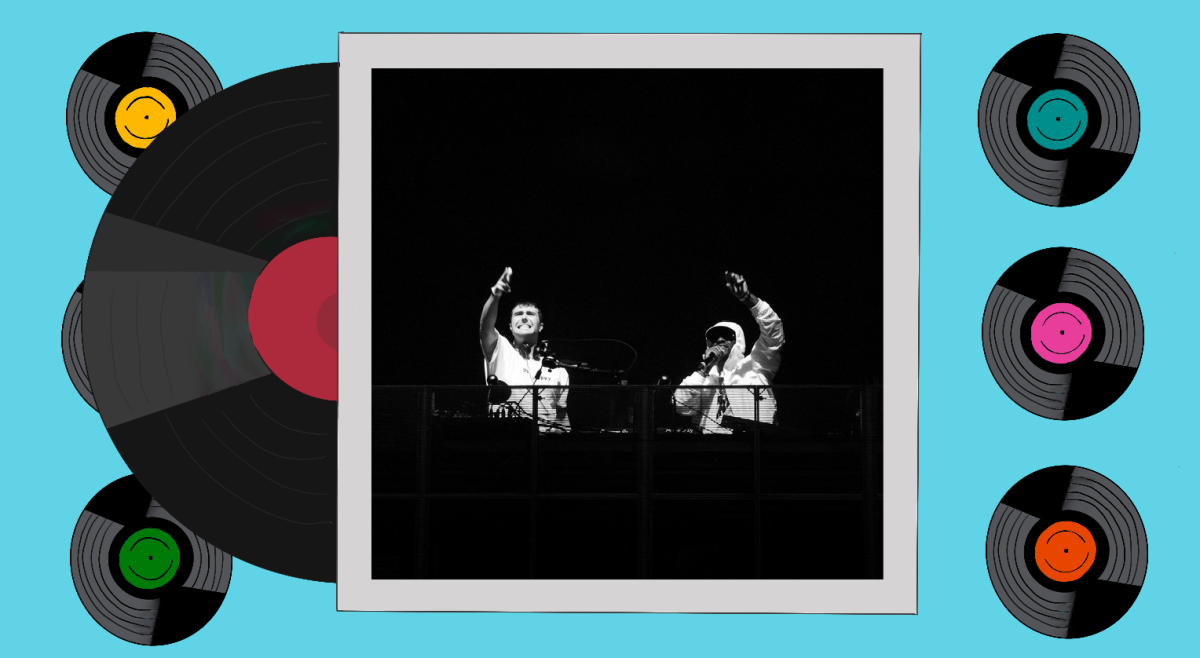Often, especially today, separating the artist from the individual is difficult. While you may love an artist’s music, their actions or rhetoric can leave a sour taste in your mouth.
Think Kanye West, whose recent tirades and oscillations have left his fans confused and angered, unsure of what happened to the artist of old whose lyrics seemed to tell an entirely different story than the man himself. Michael Jackson and R. Kelly, artists who have been renowned for their body of music, are two extreme examples who are both facing rampant backlash after news of their heinous actions have been brought to light. Yet, when you look at Nipsey Hussle, born Ermias Joseph Asghedom, you see a man whose actions seemed to overshadow the music—a man who used the platform that he earned through his music to not only elevate himself but everyone around him.
Nipsey Hussle was murdered last Sunday, at the hands of a man—Eric Holder—who had been in his life for years and was motivated by seemingly nothing but jealousy and cowardice. He was killed in the parking lot of his own store, a day before a meeting he had planned with the Los Angeles Police Department and Roc Nation to discuss what could be done to prevent gang violence in South L.A. The shooter took away a man in the midst of greatness, who tirelessly worked to help his community.
Nipsey Hussle was born into a situation that can easily break any individual. Raised in Crenshaw—a neighborhood of Los Angeles—he grew up in entrenched in gang culture and a survival of the fittest lifestyle.
“We dealt with death,” Nipsey Hussle recalled when talking to the The Los Angeles Times last year. “It was like living in a war zone, where people die on these blocks and everybody is a little bit immune to it.”
Many are unable to make it out of these kind of situations, held down by an oppressive system and the trappings of gang and drug culture. Although Nipsey Hussle made it out, instead of moving away and never looking back, as many often do, he never turned his back on his home. He worked tirelessly to ensure that those coming after him, who are forced to see the very same evils that he witnessed growing up, have the kinds of opportunities that he never had.
“Growing up as a kid, I was looking for somebody—not to give me anything—but somebody that cared,” he told The Los Angeles Times. “Someone that was creating the potential for change and that had an agenda outside of their own self interests.”
Nipsey Hussle became that man for his people. He gave back to his community in ways that many could never dream: Last year, he opened up a co-working space and a STEM center in Crenshaw after being displeased with the lack of diversity that he saw in the tech community and desiring to see the youth from his hometown flourish. He opened up his own store, Marathon Clothing, at the corner of Slauson and Crenshaw and hired former convicts, giving them an opportunity to get their life back on track.
Nipsey Hussle was the living embodiment of the mantra “Be the change you want to see in the world.” He saw the hand he was dealt, made his way out with music, and decided to give his people the chances he never had. Nipsey Hussle was always open about what he experienced through his music, which breathed West Coast rap through and through.
He made his music for people like him, who had endured the same struggles that he faced and needed somebody to show them that they can make it out. His music told the story of a man who had experienced trauma that no man should have to confront, who dragged himself out of his own hell through sheer drive and determination, and who not only felt pride for what he’d done for his people, but could not stop thinking of what else there was left to do. The drive and determination that he exhibited in his music and in life in general transformed him from a young, hopeful rapper to a Grammy-nominated West Coast rap legend, an entrepreneur, an activist, community centerpiece, a loving father and husband, and a symbol of countless individuals who saw themselves in him. All of this makes his untimely demise all the more tragic.
You can see just how important Nipsey Hussle is in how he was mourned: from the vigils in Crenshaw, to the unification of gangs around Crenshaw who came together to mourn the man, to the mayor and the chief of LAPD mourning the loss. Nipsey was everything to Crenshaw and L.A. as a whole. Fellow L.A. native and Oklahoma City Thunder point guard Russell Westbrook, in a beautiful ode to the rapper, put on one of the most historic and moving displays in recent sports memory, posting a 20-20-20 triple-double against the Los Angeles Lakers and dedicating the performance to his late friend.
Nipsey Hussle’s death leaves the world mourning the loss of a man who tirelessly worked to better himself and his community. His dreams for his hometown were endless, and his drive to bring them to fruition was beautiful. What he did in the time he was given can never be taken away—he had a lasting effect on not only his city but millions across the world.
No matter what happens, Nipsey Hussle will always be remembered as an L.A. legend and a man who never stopped dreaming, and his legacy will be carried on by those individuals who take the countless lessons he offered to not only better themselves, but also motivate others.

